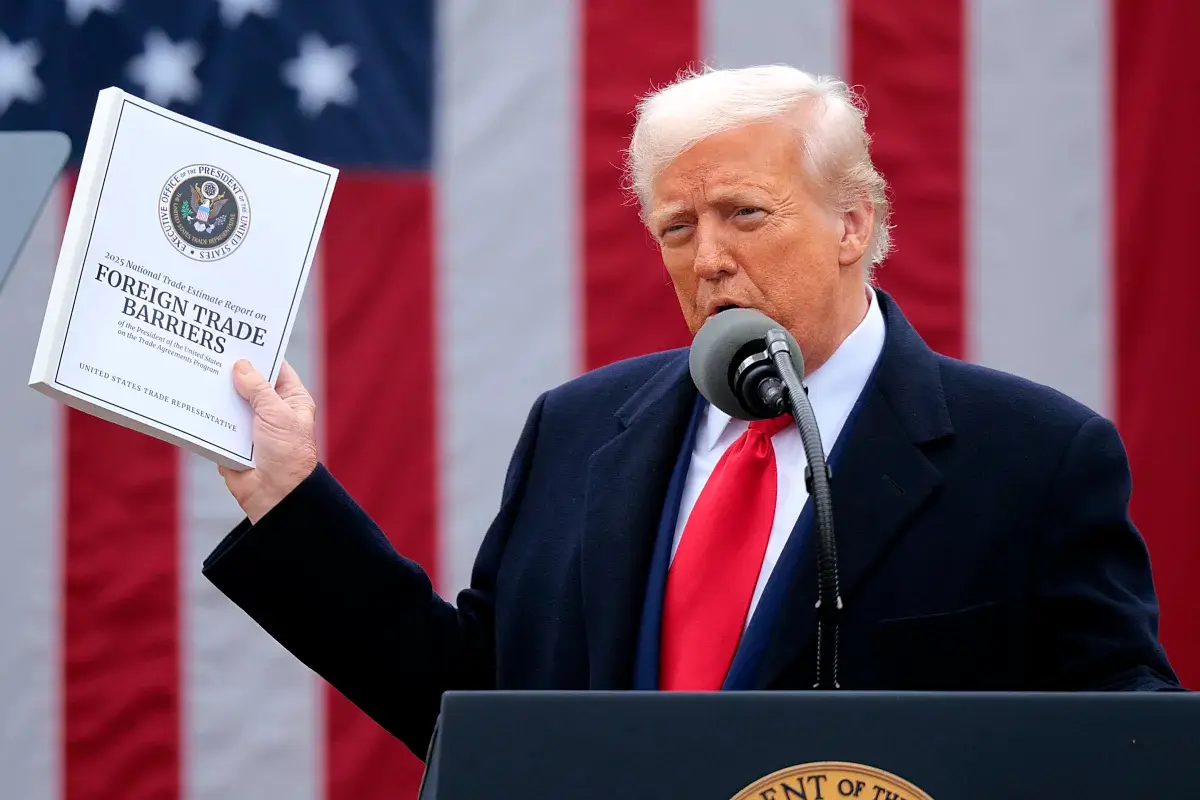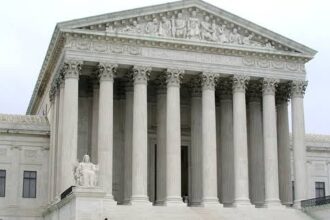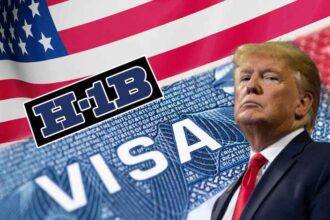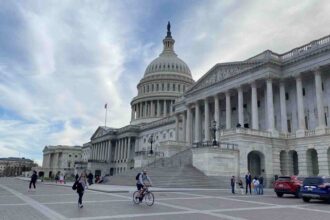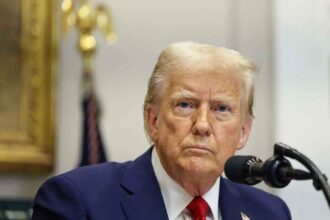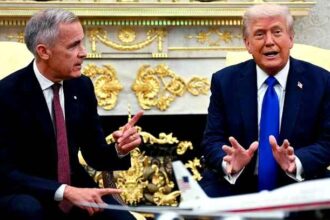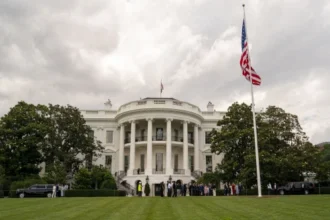- U.S. Court of Appeals rules most Trump-era tariffs illegal.
- Court says Trump exceeded authority under the International Emergency Economic Powers Act (IEEPA).
- Enforcement delayed until October, with Supreme Court appeal expected.
- White House confident ruling will be overturned.
- Economists warn tariffs could hurt U.S. businesses and consumers.
President Donald Trump’s trade policy, the U.S. Court of Appeals for the Federal Circuit in Washington, D.C., has ruled that most of his tariffs are illegal. However, the court has delayed enforcing the decision until mid-October, anticipating an appeal to the Supreme Court.
The case centered on the “reciprocal” tariffs Trump imposed in April, as well as additional tariffs on China, Canada, and Mexico, which his administration justified under emergency powers granted by a 1970s-era law.
Importantly, the ruling does not affect other tariffs authorized under different statutes, such as the controversial taxes on imported steel and aluminum.
Despite the limited scope, the ruling is a serious setback for Trump’s trade agenda, which has become one of the defining economic policies of his presidency. By enforcing some of the highest import taxes since the 1930s, Trump argued his measures were necessary to protect U.S. industries and reduce trade imbalances.
The appeals court found that Trump had exceeded his authority under the International Emergency Economic Powers Act (IEEPA), a law designed to give presidents flexibility during “unusual and extraordinary” national emergencies.
In a divided 7-4 decision, the court made clear that the IEEPA does not explicitly grant the president the ability to impose tariffs or taxes.
“The statute bestows significant authority on the President to undertake a number of actions in response to a declared national emergency, but none of these actions explicitly include the power to impose tariffs, duties, or the like, or the power to tax,” the court stated.
This ruling follows a similar decision from the U.S. Court of International Trade, which in May concluded that Trump had overreached in using emergency powers to justify tariffs.
Trump has repeatedly defended tariffs — ranging from 15% on goods from the European Union to 50% on imports from India — as essential tools to rebalance what he describes as an unfair global trade system.
Critics, however, argue the tariffs risk backfiring on the U.S. economy. Economists warn that higher import taxes could fuel inflation, increase production costs, and force American businesses and consumers to bear the financial burden. Some signs of inflationary pressure are already emerging, though experts say the full impact may take time to materialize.
The tariffs have also triggered a wave of legal challenges, including lawsuits from multiple states.
Reacting to the appeals court ruling, Trump posted on social media Friday night, warning that if the decision is upheld, it would “literally destroy the United States of America.” The White House, meanwhile, expressed confidence that the Supreme Court will ultimately reverse the ruling.
Read More: Federal Reserve Governor Lisa Cook Sues Trump Over Attempted Removal
Also Read: U.S. Education Department Rules Denver Schools Violated Title IX Over All-Gender Bathrooms


